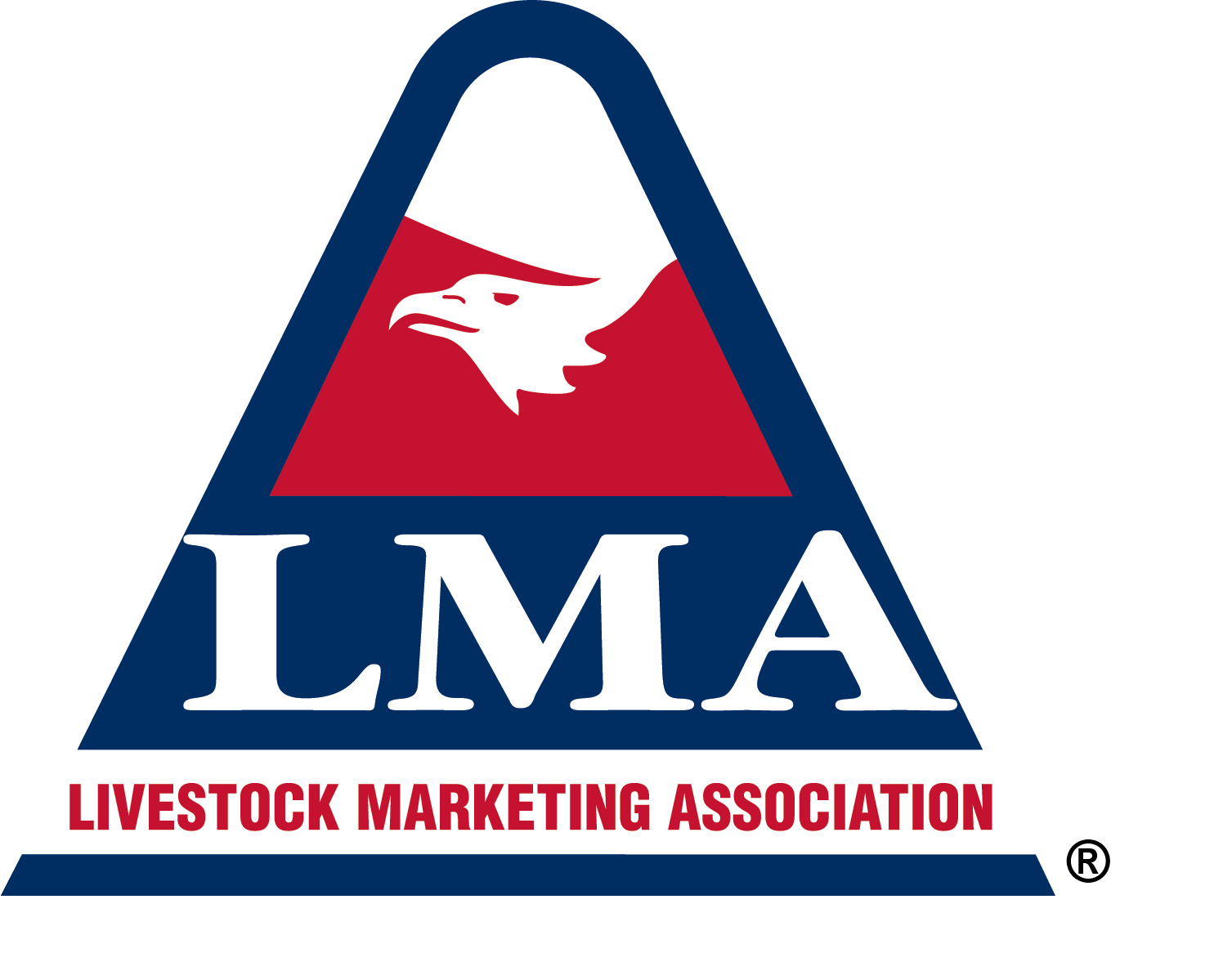PRESS RELEASE
Producer Profitability Initiative Seeks to Spark Conversation, Unite Industry
September 7, 2023
OVERLAND PARK, Kan.
Livestock Marketing Association members have a front-row seat to a disturbing trend: the continued loss of livestock producers across the U.S. They see this as a critical threat, not only to the livestock industry, but to the nation’s food supply. That’s why they’re launching an initiative to strengthen producers’ bottom lines and incentivize the next generation of farmers and ranchers.
Joe Goggins, owner of Public Auction Yards, Billings, Montana, said despite recent record-high livestock prices, it’s tougher than ever to be a producer. Lack of access to land and labor, over-regulation and input costs are causing more people to exit the business, while preventing new producers from getting started.
“We continue to disperse cow herds,” he said. “We continue to disperse flocks of sheep. We continue to lose thousands and thousands of acres out of protein production. And we really feel that we better push back, we better unify this industry somehow, some way, to try to encourage and incentivize people to be in this business.”
Goggins said by working together all industry segments can accomplish so much more than they can individually, and every voice matters.
"I’d encourage producers of all types, sizes and locations to reach out to people in their network and to the organizations they are a part of to have conversations about the biggest barriers to profitability,” he said.
These include, but are not limited to, the death tax, lack of incentives to keep land in livestock production, and competition for land and margin.
Mike VanMaanen, who owns Eastern Missouri Commission Co. in Bowling Green, Missouri, while also currently servings as LMA’s Vice President, said despite the producer-focus of this initiative, Livestock Marketing Association is not trying to expand into an organization for farmers and ranchers — they just know every segment of the industry depends on the others for success.
“We just want to help our customer base by starting the conversation with them,” he said. “And hopefully they’ll take that to the organizations they belong to, and we can all work together toward a common goal.”
He said the producer’s livelihood is the livestock marketer’s livelihood, and for one to be successful, they both must be.
Mandy Geistweidt, who alongside her husband Shaun and family, owns and operates Gillespie Livestock Co., Fredericksburg, Texas, said the initiative will help market owners help their customers — and she’s seen just how much help is needed.
“Our taxes are going up incredibly, because the value of our land is rising astronomically,” she explained. “So, a lot of what was Dorper sheep and Angus cattle is now becoming vineyards and agritourism.
“On a personal note, I hope I can take this initiative back myself because we have so many small producers coming out of the city that are just coming to Mom and Dad’s place now. … And I hope that I find some ways I can help even those small producers stay — stay active, stay producing.”
But while the message applies anywhere, the implications could be much farther-reaching, Goggins said.
“It’s not only for our benefit if we keep these ranches in production,” he said. “We look at this thing as preserving our food independence in this country. Preserving our national security. The way we look at this is if the world wants the United States to produce the highest quality, safest product in the world, then all we ask is that that that these people can make a decent living.”
To join the conversation, visit producerprofitability.com or contact your LMA Regional Executive Officer or other staff to lean in and get involved.
Producer Profitability Initiative Seeks to Spark Conversation, Unite Industry

About the Livestock Marketing Association
The Livestock Marketing Association (LMA), headquartered in Overland Park, Kan., is North America’s leading, national trade association dedicated to serving its members in the open and competitive auction method of marketing livestock. Founded in 1947, LMA has more than 800 member businesses across the U.S. and Canada and remains invested in both the livestock and livestock marketing industries through member support, education programs, policy representation and communication efforts.
